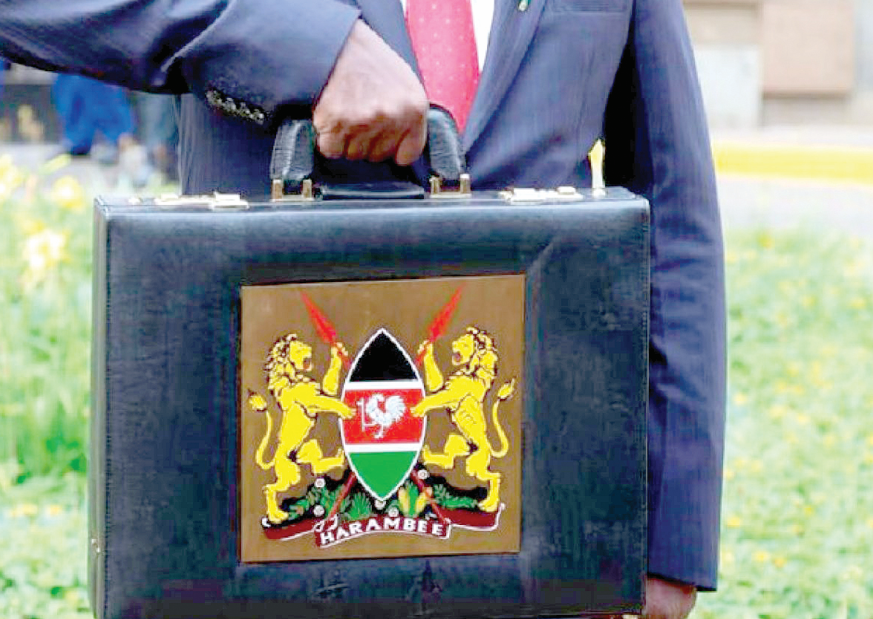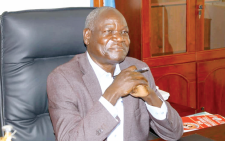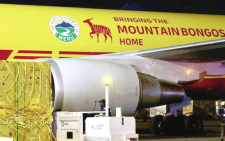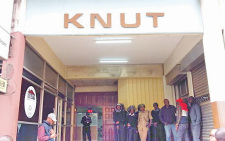Sugar board races against time to finalise sector rules
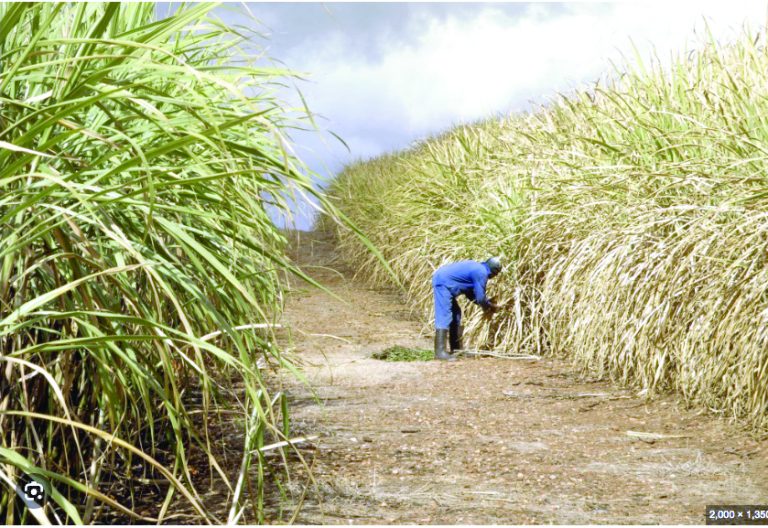
Kenya Sugar Board (KSB) has started a final crucial process by unveiling a zero draft of new regulations that would ensure better implementation of the provisions of the Sugar Act 2024.
The regulations are currently under scrutiny by the public in sugarcane-growing regions.
These proposed regulations are pivotal for the sugar industry, as the law mandates that public participation occurs before they can be officially enforced or put into action.
Starting this week, KSB has been actively engaging with farmers across the sugar belt, seeking their insights, suggestions for amendments, and overall feedback on the zero-draft sugar regulations.
This engagement, KSB management officials said, is essential, as the board aims to ensure that the voices of those directly affected by these regulations are heard and considered.
According to the sugar board’s CEO Jude Chesire, public participation meetings will conclude next week during a meeting to be held in Miwani with the cane growers.
He stressed the urgency of this process, stating, “The law requires us to legislate the regulations by June.”
This is just three months away. This timeline underscores the importance of swift yet comprehensive engagement with stakeholders.
“Once the public consultation phase is complete, KSB will consolidate the feedback gathered from farmers to refine the regulations,” said Chesire.
Following the finalisation of these regulations, the board will then set a date for the election of new KSB directors.
Additionally, the finalised regulations will clarify how the Sugar Development Levy (SDL) will be utilised, which is critical for funding projects and initiatives within the sugar sector.
“This process not only highlights the KSB’s commitment to transparency and inclusivity but also aims to strengthen the regulatory framework governing the sugar industry, ensuring its sustainability and growth in the future,” Chesire explained.
He disclosed that the proposed Kenya Sugar Board regulations aim to reform the industry to enhance productivity, competitiveness, and sustainability.
Some of the key changes include licensing and compliance, which will see stricter licensing requirements put in place for sugar manufacturers to ensure compliance with industry standards and quality control.
Sugar pricing framework
Then there is the Sugar Pricing Framework introduction of a more transparent pricing mechanism to stabilise sugar prices and to protect farmers’ interests.
Additionally, there are more measures spelt in the regulations to enhance market access for local producers, including support for small-scale cane farmers.
The regulations also seek to strengthen quality control measures to ensure that sugar meets safety and quality standards.
They also propose increased funding for research in sugarcane production and processing to boost yields and improve technology adoption and thus encourage more farmers to increase acreage under cane.
Chesire and KSB chairman Nicholas Gumbo explained that these changes are aimed at revitalising the sugar industry, increasing its contribution to the economy, and ensuring a fair playing field for all stakeholders.
“Our aim as a board is to revitalise the sector and completely transform the sugar industry on the path to economic recovery with new policies and strategic management put in place and of course political goodwill from the President,” said Gumbo.
KSB director in charge of regulations and compliance Samwel Kemboi and the Legal Counsel Andrew Osodo disclosed that the regulatory framework is to ensure implementation of stricter guidelines for licensing of new sugar millers and distribution of processed sugar to ensure compliance and reduce illicit trade more so imports.
Kemboi said the regulations also propose the implementation of environmental sustainability practices to promote eco-friendly sugar production.
This is in addition to the introduction of new technology and digital platforms for better inventory management and customer engagement.
“This includes the encouragement of eco-friendly practices within sugar production and distribution processes,” said Kemboi.



